Impeached South Korean President Yoon Suk Yeol has declared he will no longer cooperate with investigators, his legal team announced Thursday, after being detained over his controversial declaration of martial law last month, The Associated Press reports.
Yoon’s lawyers maintain the investigation is illegal, escalating the country’s most serious political crisis since its democratization in the late 1980s.
Yoon exercised his right to remain silent during over 10 hours of questioning by the Corruption Investigation Office for High-Ranking Officials (CIO) on Wednesday. This followed a dramatic raid on his official residence in Seoul, during which he was taken into custody by a force of hundreds of anti-corruption investigators and police.
The investigation centers on Yoon’s decision to declare martial law and deploy troops around the National Assembly on December 3rd in an attempt to break legislative gridlock. While the standoff lasted only hours before lawmakers breached the blockade, the move triggered a political firestorm. The opposition-controlled National Assembly voted to impeach Yoon on December 14th, accusing him of rebellion, and suspended his presidential powers.
The CIO, leading a joint investigation with police and the military, has 48 hours to either request a court order for Yoon’s formal arrest or release him. Investigators are widely expected to seek the arrest order in the coming days.
Yoon’s legal team has challenged the validity of the detention warrant, arguing it is invalid and seeking his release from the Seoul Central District Court. The 48-hour clock for the arrest warrant is currently paused while the court reviews the release petition, a process that could take up to 48 hours.
Citing security concerns, Yoon did not attend a hearing at the Central District Court on Thursday, part of the review process, according to his lawyer, Seok Dong-hyeon. A decision on the release petition was anticipated later that evening.
Hundreds of Yoon’s supporters gathered near the court, waving banners and chanting slogans demanding his release. A heavy police presence was deployed to manage the demonstrations.
Prior to his detention, Yoon had resisted all efforts to investigate his role in the events of December 3rd. He ignored requests for questioning, remaining in his official residence, and his lawyers turned away police, citing military secrecy laws. They argued that the CIO lacked the legal authority to investigate rebellion allegations. The Presidential security services even barricaded his residence to resist a previous attempt to detain him.
In a video message recorded just before he was taken into custody, Yoon lamented that the “rule of law has completely collapsed in this country.” He reiterated his lawyers’ argument that the CIO has no authority to investigate him, but said he accepted detention to prevent violence.
Meanwhile, the Constitutional Court is deliberating whether to permanently remove Yoon from office or reject the impeachment and reinstate him. The court rejected a request from Yoon’s lawyers to postpone a scheduled hearing on Thursday, which Yoon could attend despite being detained.
If a warrant for Yoon’s formal arrest is granted, the CIO could extend his detention to 20 days before transferring the case to public prosecutors. If prosecutors indict Yoon on charges of rebellion and abuse of power, he could remain under arrest until the first court ruling, which could take up to six months, according to criminal law expert Park Sung-bae. Under South Korean law, rebellion carries a potential death penalty or life imprisonment.
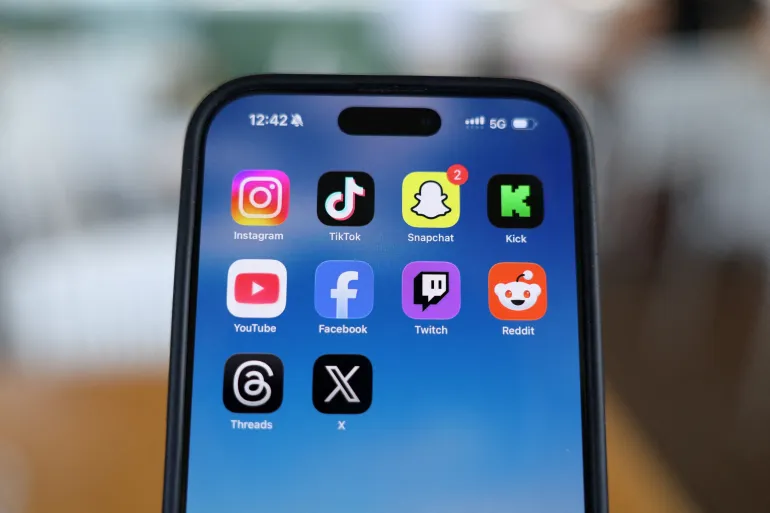
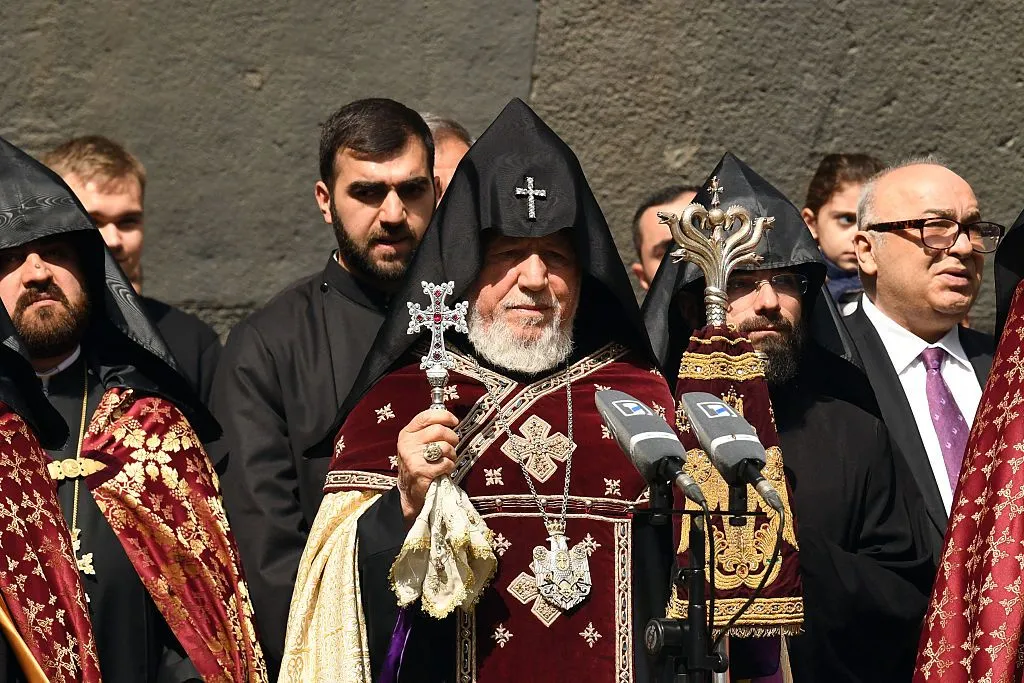
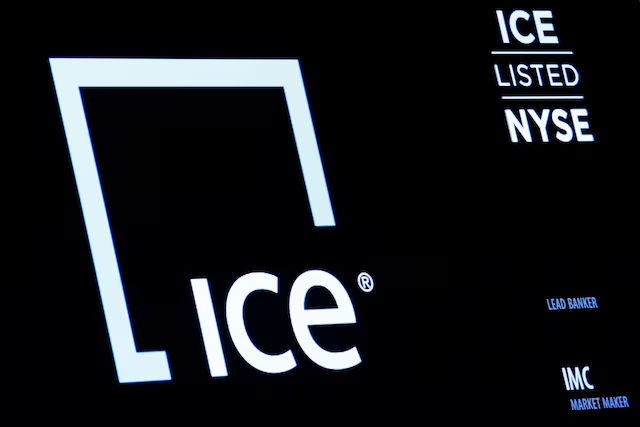
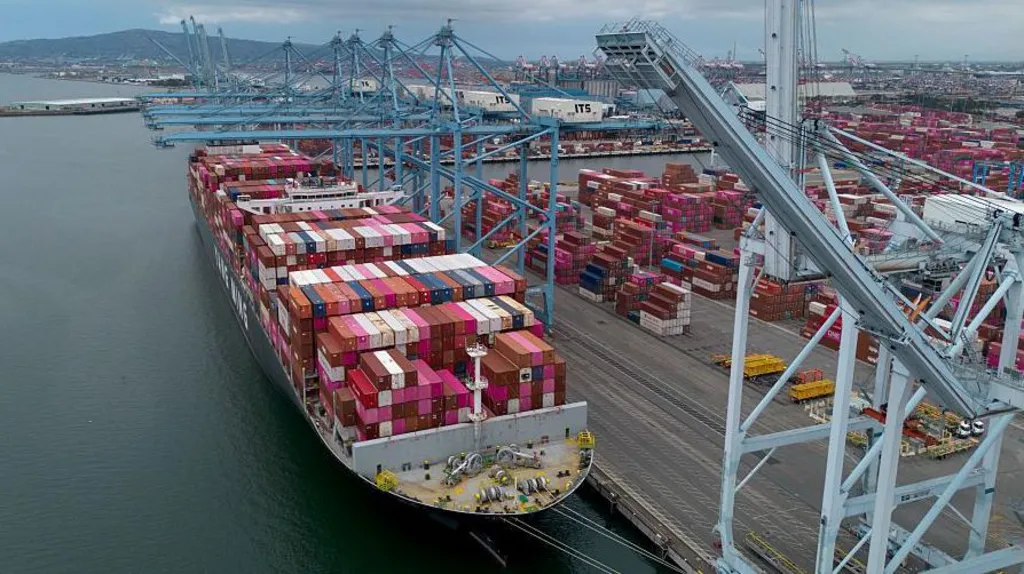
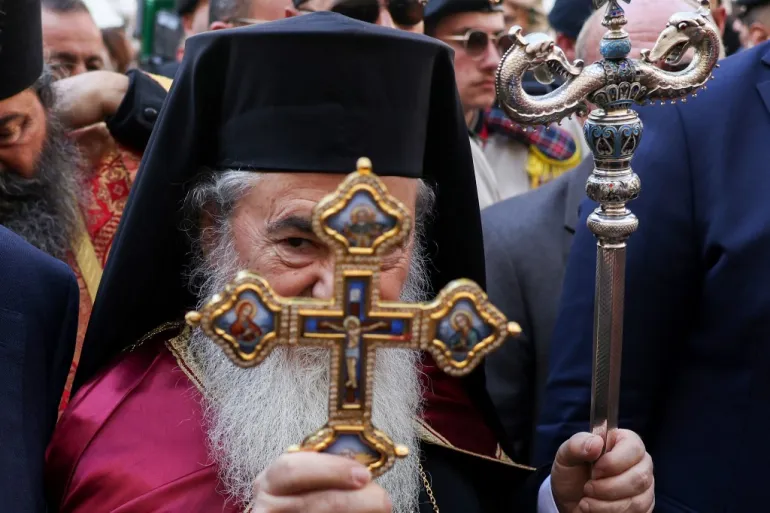
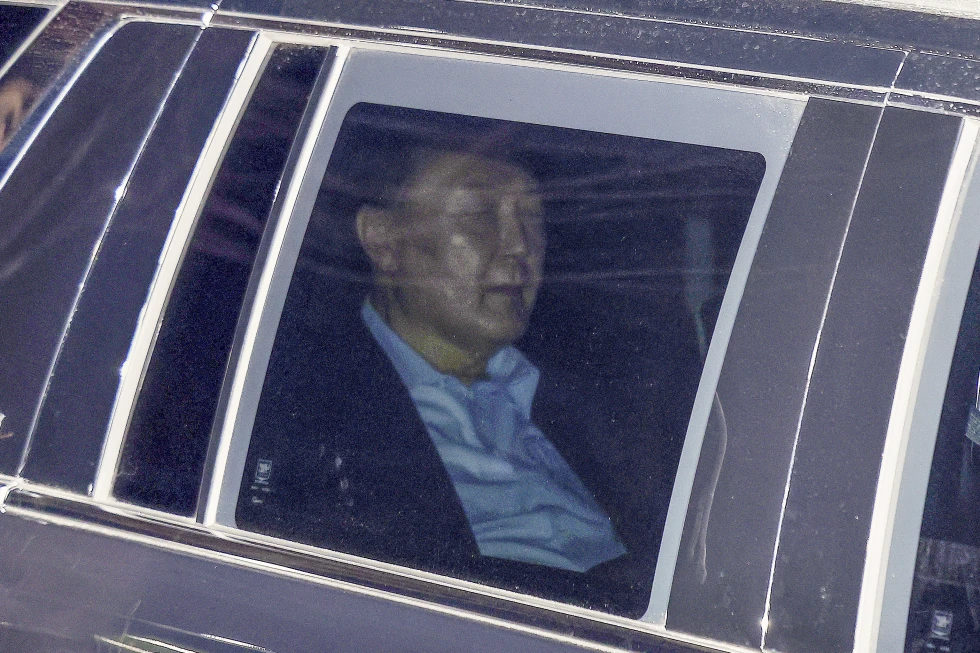




The latest news in your social feeds
Subscribe to our social media platforms to stay tuned